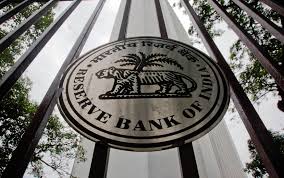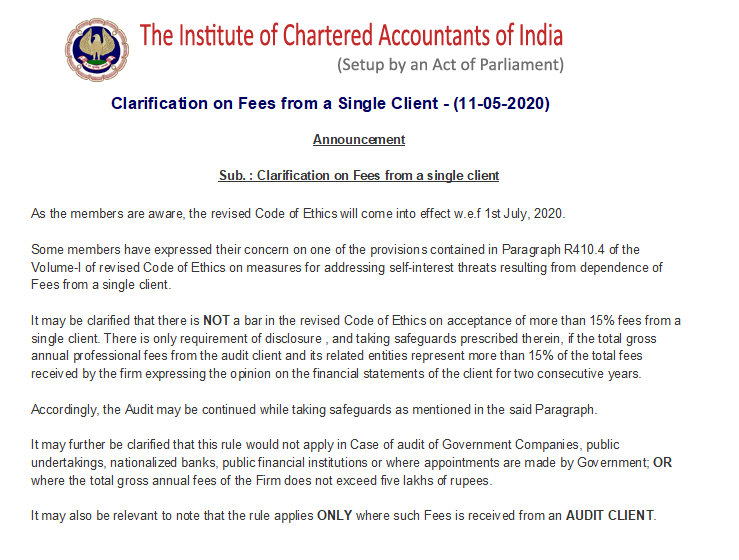
The income tax return (ITR) filing deadline for FY 2019-20 has been extended to December 31, 2020, for most individual taxpayers, from the earlier deadline of November 30, 2020. This the second time the tax filing deadline for FY20 has been extended.
As per the government’s press release issued on October 24, 2020, “In order to provide more time to taxpayers for furnishing of their ITR, it has been decided to further extend the due date for furnishing of Income-Tax Returns as under:
The due date for furnishing of income tax returns for these individual taxpayers [for whom the due date (i.e. before the extension by the said notification dated June 24, 2020 as per the Act was 31st July, 2020] has been extended to 31st December, 2020.
The due date for furnishing of Income Tax Returns for the taxpayers (including their partners) who are required to get their accounts audited [for whom the due date (i.e. before the extension by the said notification dated June 24, 2020) as per the Act is 31st October, 2020] has been extended to 31st January, 2021.
The due date for furnishing of Income Tax Returns for the taxpayers who are required to furnish report in respect of international/specified domestic transactions [for whom the due date (i.e. before the extension by the said notification dated June 24, 2020) as per the Act is 30th November, 2020] has been extended to 31st January, 2021.
Consequently, the date for furnishing of various audit reports under the Act including tax audit report and report in respect of international/specified domestic transaction has also been extended to 31st December, 2020, said the government press release issued today.
Further, relief is provided to the small and middle class taxpayers in the matter of payment of self-assessment tax, the due date for payment of self-assessment tax date is hereby again being extended. Accordingly, the due date for payment of self-assessment tax for taxpayers whose self-assessment tax liability is up to Rs. 1 lakh has been extended to 31st January, 2021 for the taxpayers whose accounts are required to be audited and to 31st December, 2020 for the taxpayers whose accounts are not required to be audited.”
Source: Press Release





